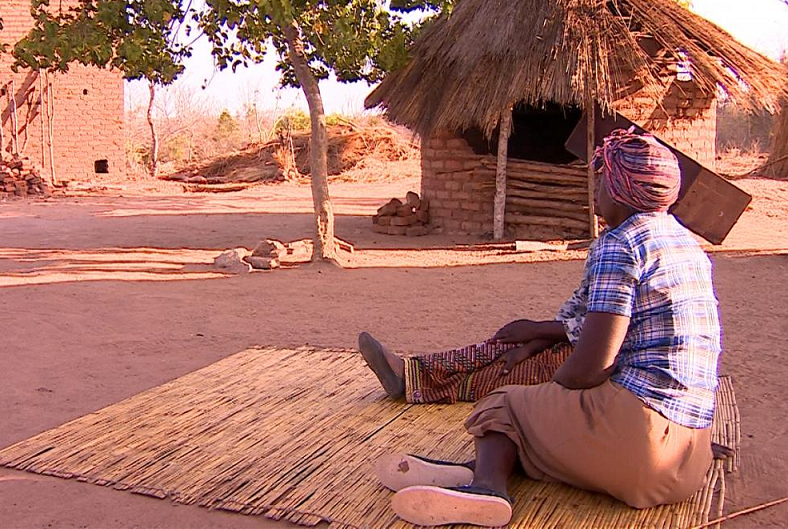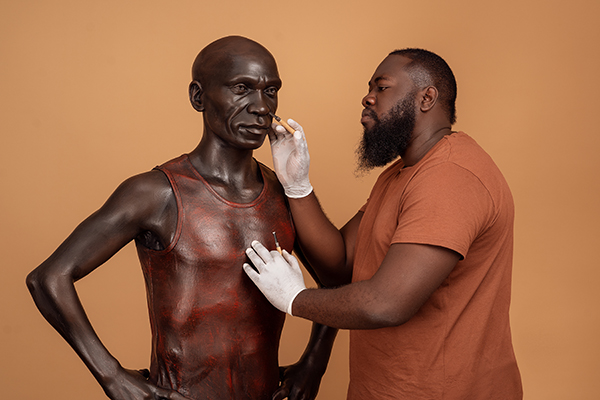
Zimbabwe: Widows Deprived of Property Rights
(Human Rights Watch)
Widows in Zimbabwe are routinely evicted from their homes and land, and their property stolen by in-laws after their husbands’ death, Human Rights Watch said in a report released on Tuesday. The report is based on interviews with 59 widows in all 10 provinces of Zimbabwe between May and October 2016, documenting the human rights vulnerabilities and abuses widows in Zimbabwe face.
The 53-page report titled, “ ‘You Will Get Nothing,’ Violations of Property and Inheritance Rights of Widows in Zimbabwe,” found that in-laws often promise these women that the relatives will take care of them but instead, intend to take over the homes and lands or other property where the husband and wife had lived for decades.
One widow quoted her brother-in-law’s words to her after her husband’s funeral, in front of the family that had gathered: “He said in my face, ‘You are rubbish and you will get nothing. I am taking everything.’” Some of those interviewed stated that their in-laws simply forced them out of their homes immediately after their husbands died. Others were threatened, physically intimidated, and insulted making them leave. In some cases, distant relatives of the deceased showed up years later and took over their property.
According to Bethany Brown, a researcher at the Human Rights Watch and author of the report, the impact of property grabbing on widows is devastating while at the same time struggle to support themselves when their main source of livelihood is taken from them. “Women whose property was taken from them spoke of homelessness, destitution, and loss of livelihoods.”
In 2013, Zimbabwe adopted a new constitution that provides for equal rights for women, including for inheritance and property. In practice, however, existing laws only apply to widows in officially registered marriages. Estimates are that most marriages in Zimbabwe are conducted under customary law and are not registered, so, in effect, these laws afford no protection from property-grabbing relatives.
Nearly all of the widows interviewed for the report who successfully challenged efforts by in-laws to take over their property had benefited from legal services offered by organizations like the Legal Resources Foundation, and Women and Law in Southern Africa Research and Education Trust, Zimbabwe.
By 2050, an estimated two billion people – almost a quarter of the world’s population – will be over age 60. The majority will be women. Widows face varying challenges in different countries and cultural settings. Property grabbing can be common in the Southern Africa region, and many older women have few other economic options. Widows of all ages are at risk of property grabbing and its grave harmful impacts.
Many women did not know that they had a right to the property they held with their spouses. Others said they were wary of jeopardizing relationships with in-laws with whom they had shared their lives for many years, and who they had hoped would support them and their children.
Human Rights Watch conducted the research as part of an effort to map the vulnerabilities of older people to human rights abuses. With the rapid growth of older populations worldwide, there is a growing need to understand how discrimination, ageism, neglect, and abuse affect older people and what steps governments should take to protect their rights.
(Courtesy: Human Rights Watch)






